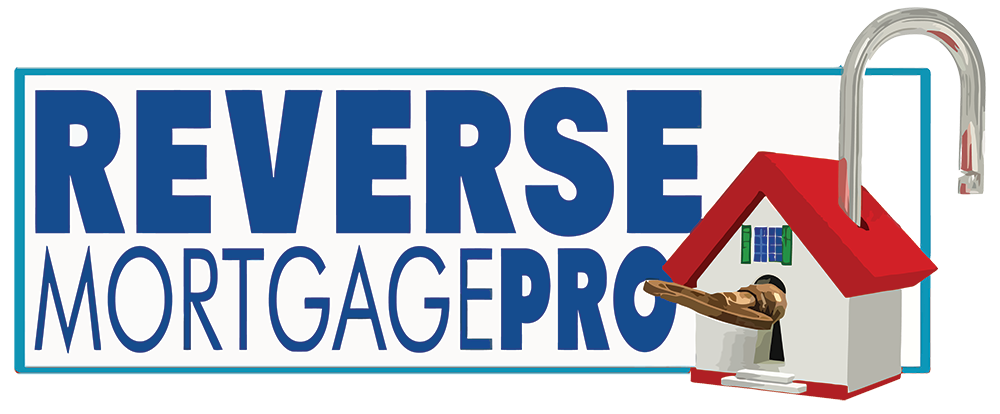Common Reverse Mortgage Myths

The Truth About Reverse Loans
Fact: Positively not! Your home remains in your name. When you sell your home or vacate it for other reasons, only the accrued interest plus what the lender has paid you or on your behalf through the years is due and payable. Any proceeds over this amount always belong to you or your heirs.
If your heirs choose to keep the home, then they either refinance the amount owed or pay it off with other proceeds like life insurance. With a reverse mortgage, you always have full control and ownership of your home.
Fact: You can never lose your home under this program because of monthly payments. You always have the option to make interest or principal payments if you wish, but there are no required monthly payments to make with a reverse mortgage.
However, you must keep your taxes and homeowner’s insurance paid, which you can do by taking money out of your reverse mortgage credit line. Otherwise, you can lose the house just like without a reverse loan. This program also requires the property to be your principal residence and you to keep it in good repair.
Fact: The reverse mortgage is a non-recourse loan, meaning the lender can never require any person or your estate to pay anything more than the house is worth. No monthly payments are due on a reverse mortgage while it is outstanding.
The loan is repaid when you cease to occupy your home as a principal residence, whether you (or the last remaining spouse in cases of couples) pass away, sell the home, or permanently move out. The amount owed can also never exceed the value of your home. Furthermore, the excess money goes to you or your estate if the house is sold and the sales proceeds exceed the amount owed on the reverse mortgage.
Fact: Many seniors use the reverse mortgage to pay off a mortgage, equity loan, or other liens on their home with a reverse mortgage program, so they will no longer have a payment. You must be able to get enough from the program to pay off any liens on the home or be able to bring any shortage to closing.
Fact: Far from it. While half of the folks over the years have used the program solely to stay in their homes, the other half have used it as a sophisticated financial tool to improve their lives. Many also use reverse mortgages to safeguard against future needs and help their family with part of their home’s assets while they can see the results, such as a grandchild’s college education.
Let Us Demystify Reverse Mortgage Myths for You
Whether you’re looking to apply for a reverse mortgage loan or simply understand how it works, you can turn to Reverse Mortgage Pro for thorough guidance and assistance. Contact us to get more insights about reverse mortgages. We cater to clients in Hampton Roads, Richmond, and the surrounding areas in Virginia.

